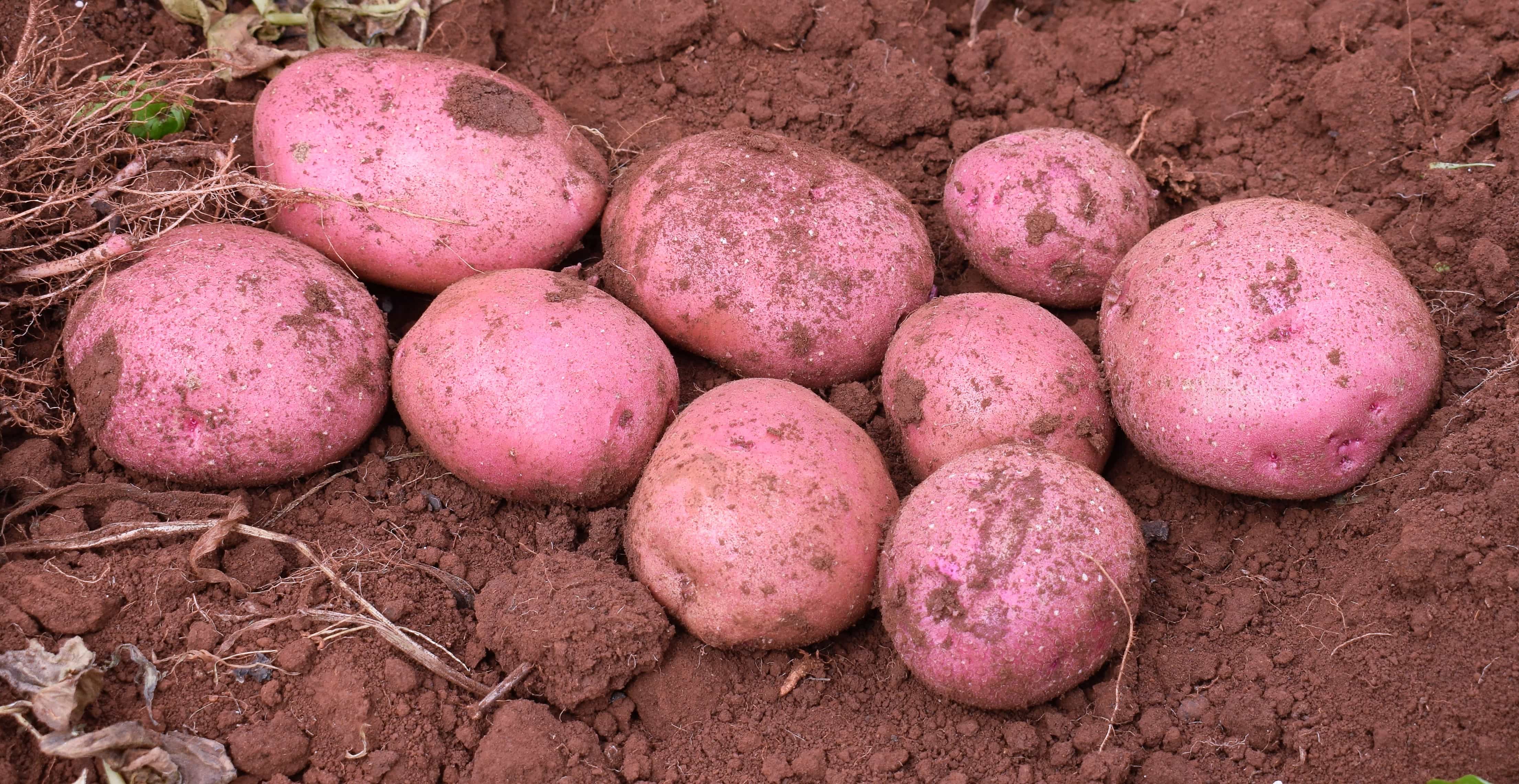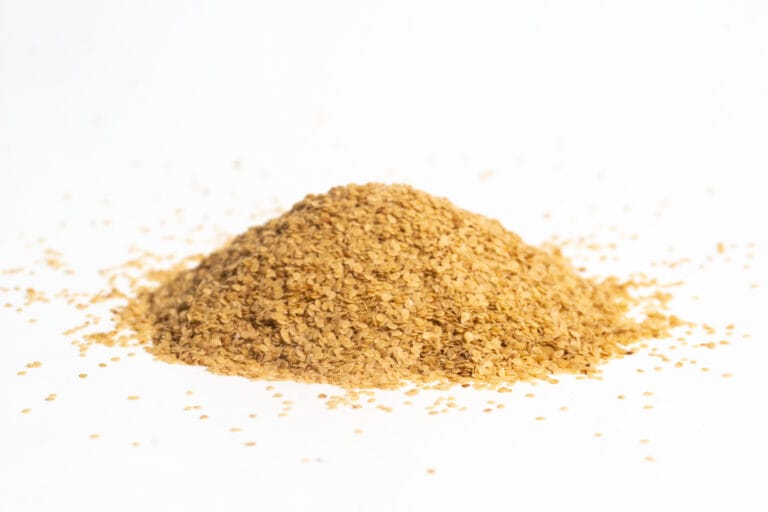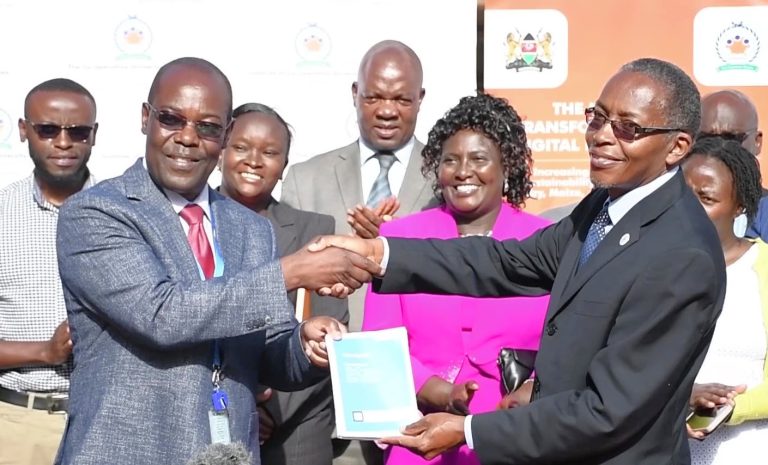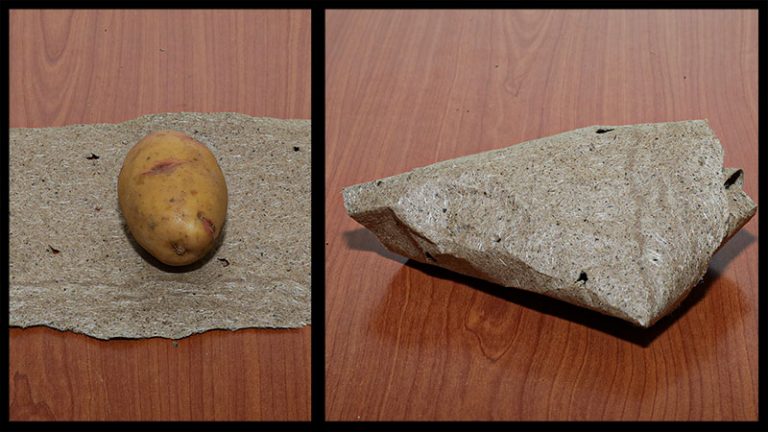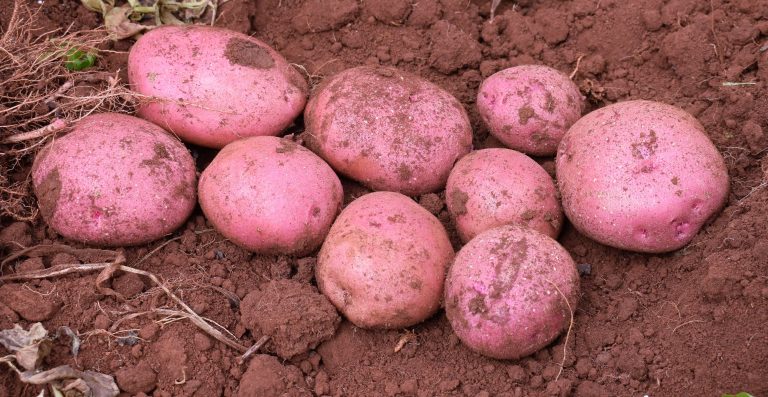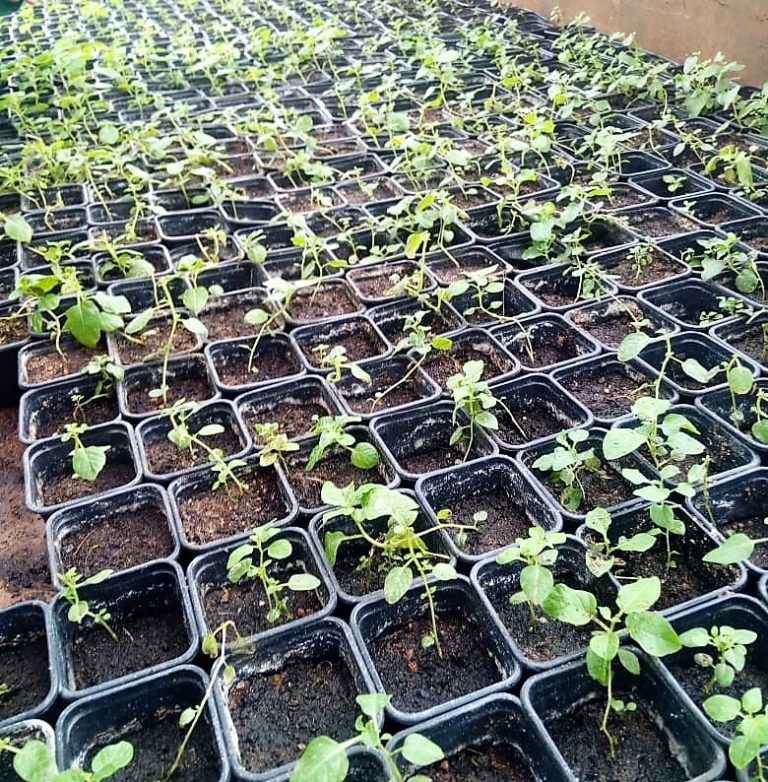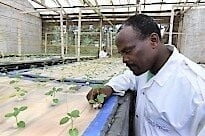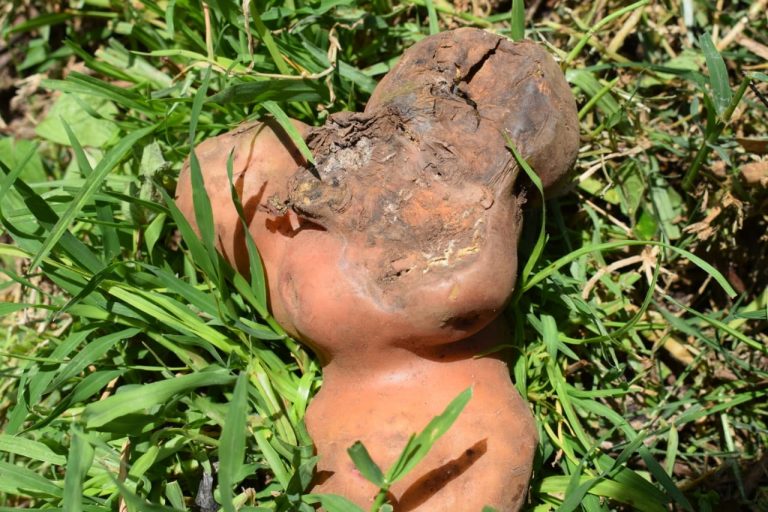Potato is an essential crop that can play an integral role in achieving global food security. However, disease, notably Late Blight, can be a major issue for farmers, often resulting in total crop loss.
Through the Feed the Future Initiative, the United States Agency for International Development (USAID) has awarded a five-year, $13 million award for a collaborative partnership led by Michigan State University (MSU). The Feed, the Future Global Biotech Potato Partnership, will bring late blight disease resistant (LBR) potatoes in farmer-preferred varieties to the Asian countries of Bangladesh and Indonesia and the African countries of Kenya and Nigeria.
An additional $7 million of funding is possible for related research based on USAID Country Mission priorities. This may expand the Activity into other Feed the Future target countries. The Feed the Future Global Biotech Potato Partnership Activity will continue the work of previous USAID investments focused on the research and development of the LBR potato through genetic engineering.
“This award will allow the Activity to reach the goal of providing smallholder farmers in some of the most challenging regions for potato production a safe product that can increase potato yields and lower production costs for inputs,” explains David Douches, project director and director of Plant Breeding Genetics and Biotechnology Graduate Program in the Department for Plant, Soil and Microbial Sciences in the College of Agriculture and Natural Resources at MSU. “A potato with durable host plant resistance to late blight will contribute to food security for developing countries throughout the world.”
The Global Biotech Potato Partnership is a collaboration between MSU, the International Potato Center (CIP), the University of Minnesota, the University of Idaho, African Agricultural Technology Foundation (AATF), and partner country National Agricultural Research Systems. Building the capacity of the National Agriculture Research Systems, or NARS, to conduct this research in the four countries is also a primary goal of the project.
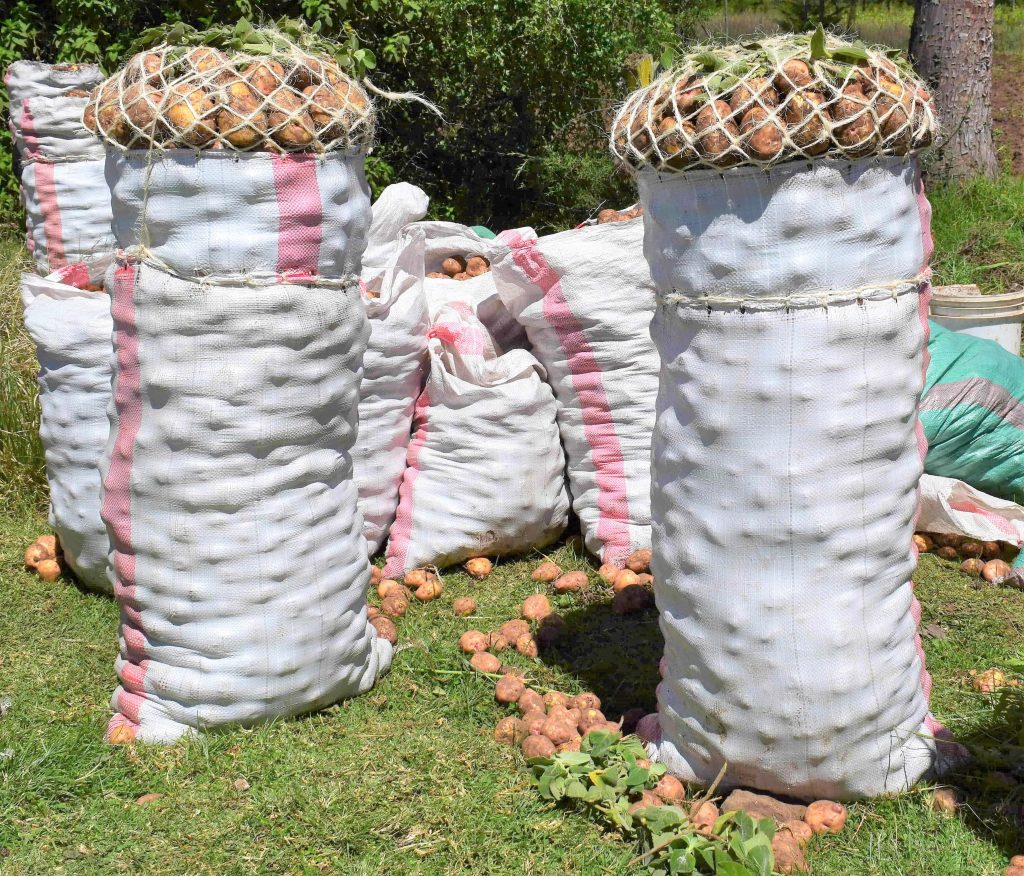
Marc Ghislain, global leader of CIP’s biotechnology research program, has been conducting parallel research on LBR potatoes in Africa over the last seven years. “By bringing together MSU’s research in Asia and ours in Africa, our research teams will collectively impact millions of smallholder farmers in food-insecure areas,” says Ghislain. Ghislain will lead activities in Kenya and Nigeria as the project’s Deputy Director – Africa.
Leading Bangladesh and Indonesia activities as the project’s Deputy Director – Asia is Karen Hokanson, Research Fellow in the Department of Horticultural Science at the University of Minnesota. Karen brings over 25 years of experience in crop biotechnology and biosafety and has worked with both Douches and Ghislain on previous projects. “Backed by sound science, the project is well-positioned to navigate each country’s unique biotechnology regulatory system and ensure the food and environmental safety of the LBR potato,” says Hokanson.
Technological advances have allowed for identifying resistant genes from potato relatives that provide complete control of late blight. Although these wild species are not suitable for cultivation, researchers have found that when stacking a series of three of these natural resistance genes and inserting them into popular farmer-preferred varieties, durable resistance to late blight can be achieved. The Global Biotechnology Potato Partnership expects to complete the required research necessary to receive regulatory approvals for the general release and commercialization of the LBR potato in each of the four target countries within the next five years.


